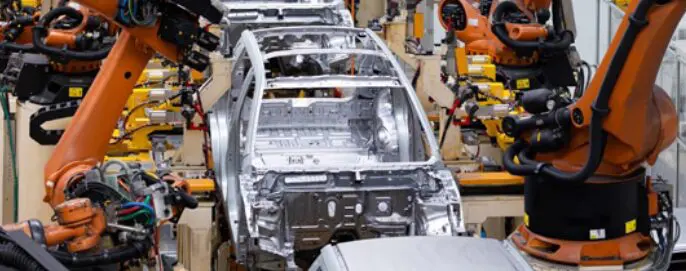
Europe’s automotive industry is at a critical juncture, facing multiple challenges as it grapples with the transition to low-carbon technologies, supply chain disruptions, rising competition from Asia, and shifting consumer demand. A dip in electric vehicle (EV) sales raises concerns about the sector’s ability to meet the European Union’s stringent climate targets.
During a recent European Parliament debate, Members of the European Parliament (MEPs) discussed the growing crisis in the industry, which has seen factory closures across the continent due to weak sales. Central to the discussion was the EU’s target of achieving 100% zero-emission vehicles by 2035, a cornerstone of its strategy to reduce carbon emissions and combat climate change.
By 2025, the legal limit for cars’ CO2 emissions is set to decrease by nearly 20%, bringing it down to under 94 grams per kilometre. However, automakers are voicing concerns that the recent downturn in electric vehicle sales makes it nearly impossible to meet these targets.
Despite this, the European Commission remains resolute in its stance. Valdis Dombrovskis, Executive Vice-President of the Commission, argued that the automotive industry has been given ample time to prepare for the transition. “One out of five cars sold in 2024 is set to be electric,” Dombrovskis stated. “Europe cannot afford to fall behind in the race for electric vehicles. The targets provide certainty for manufacturers and investors.”
However, not everyone agrees with the current focus on electric vehicles. Jens Gieseke of the European People’s Party (EPP) criticised the EU’s narrow focus on EVs, describing it as a “dead end” and calling for a broader mix of technologies to drive the industry forward.

While Europe debates the future of its automotive sector, Chinese manufacturers are rapidly gaining ground. Chinese-made electric vehicles are significantly cheaper than their European counterparts, giving them a strong foothold in the European market. European carmakers are struggling to compete on price despite the imposition of EU tariffs on Chinese EV imports.
Mohammed Chahim, an MEP from the Netherlands, emphasised the need for Europe to reclaim its competitive edge. “China is outpacing us in every way,” Chahim noted. “We need flagship projects, such as investments in the European battery industry, to ensure quality jobs and reduce dependencies on external powers.”
In summary, Europe’s automotive industry is at a decisive moment, requiring strategic investments and innovation to navigate the path towards sustainable mobility. While electric vehicles are a key component of that transition, it’s clear that a broader technological approach and stronger European manufacturing capacity are necessary to keep the industry competitive on the global stage.
To view more articles by DTC click here: Insights Archives | DTC (dtc-uk.com)

